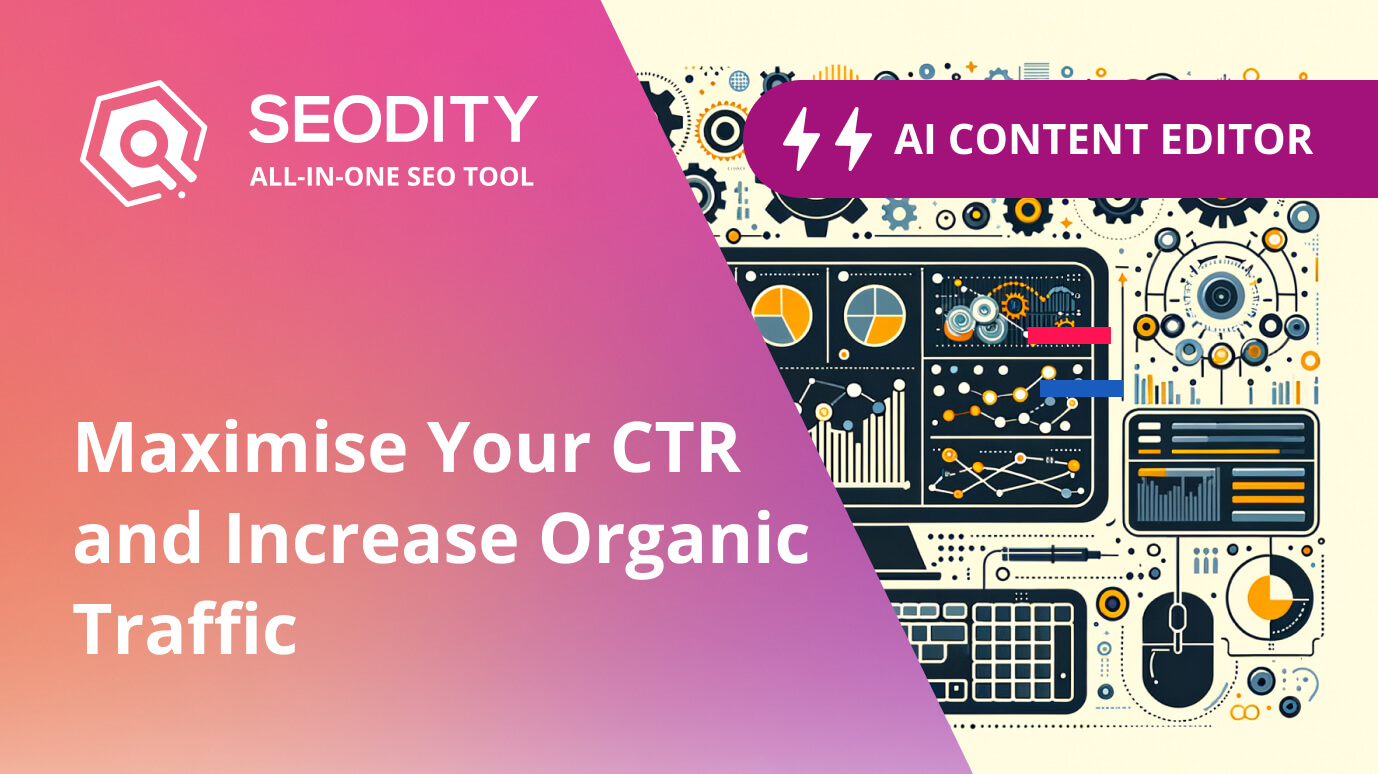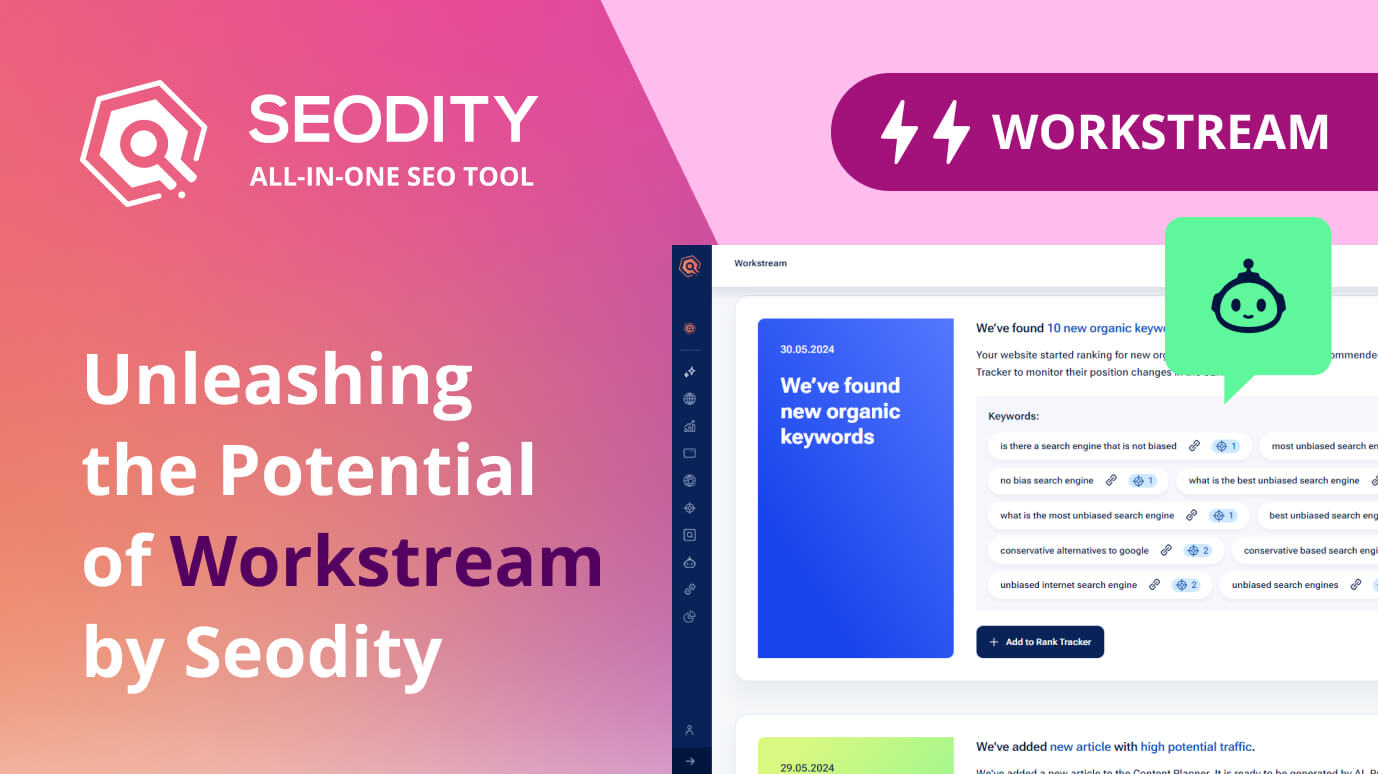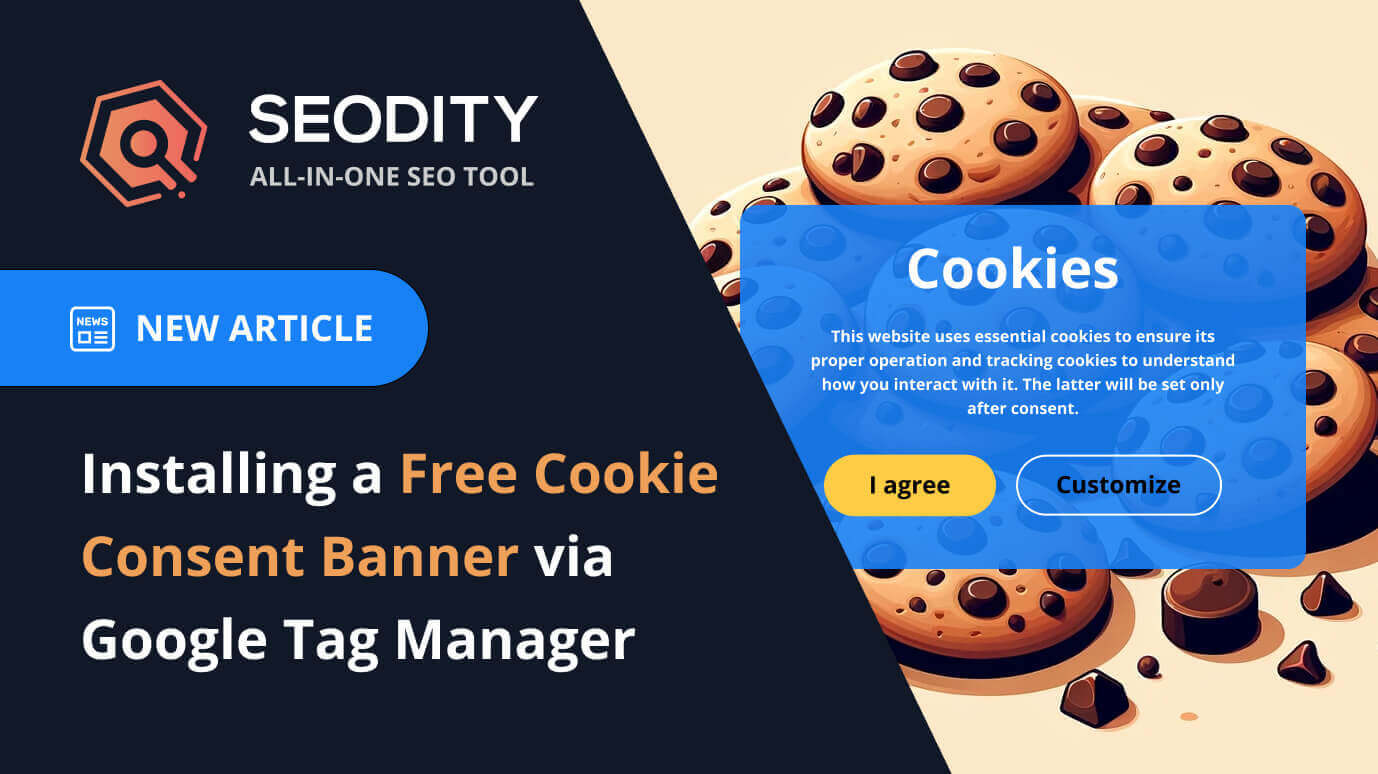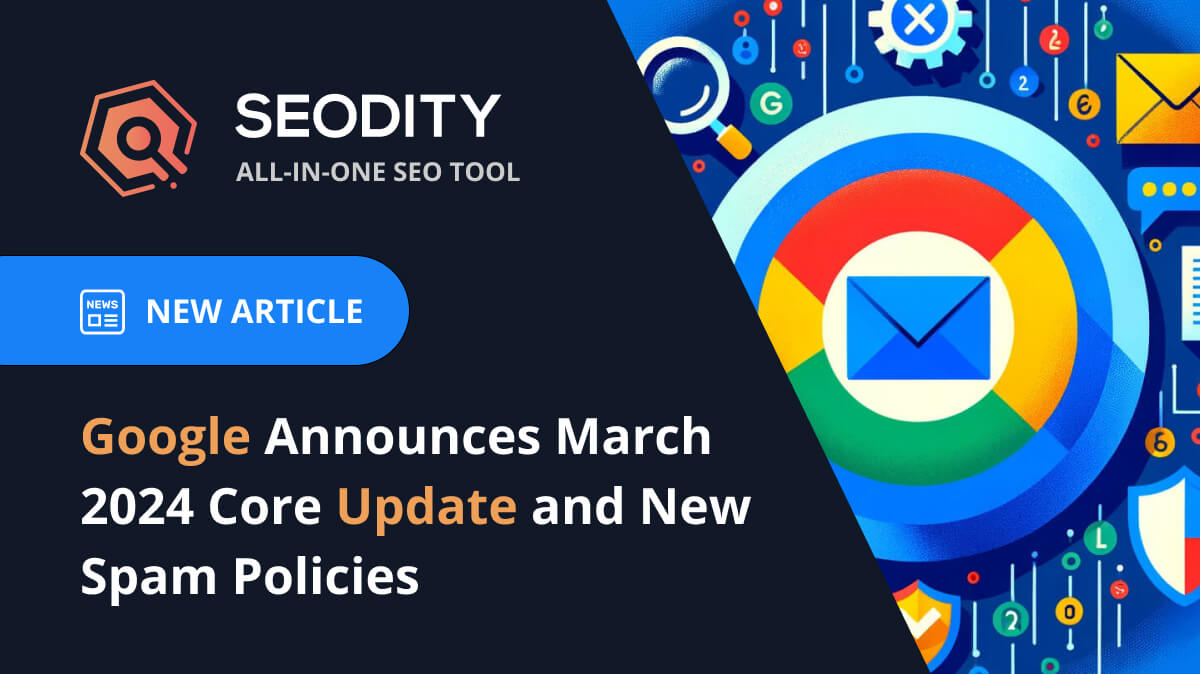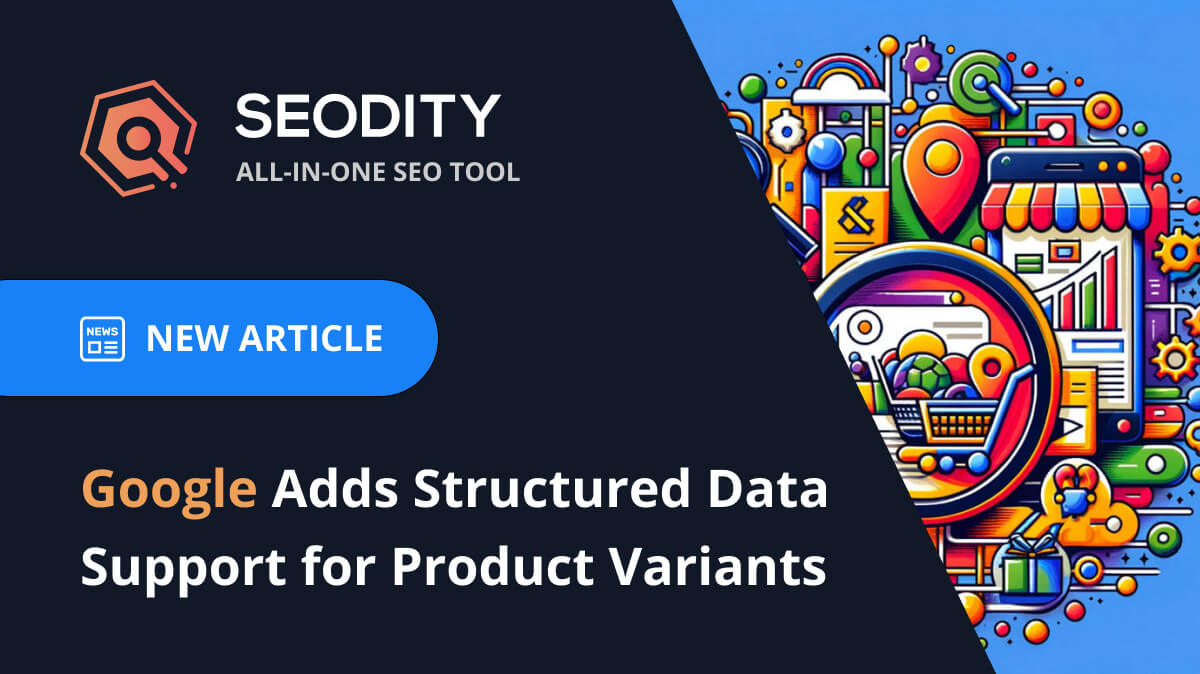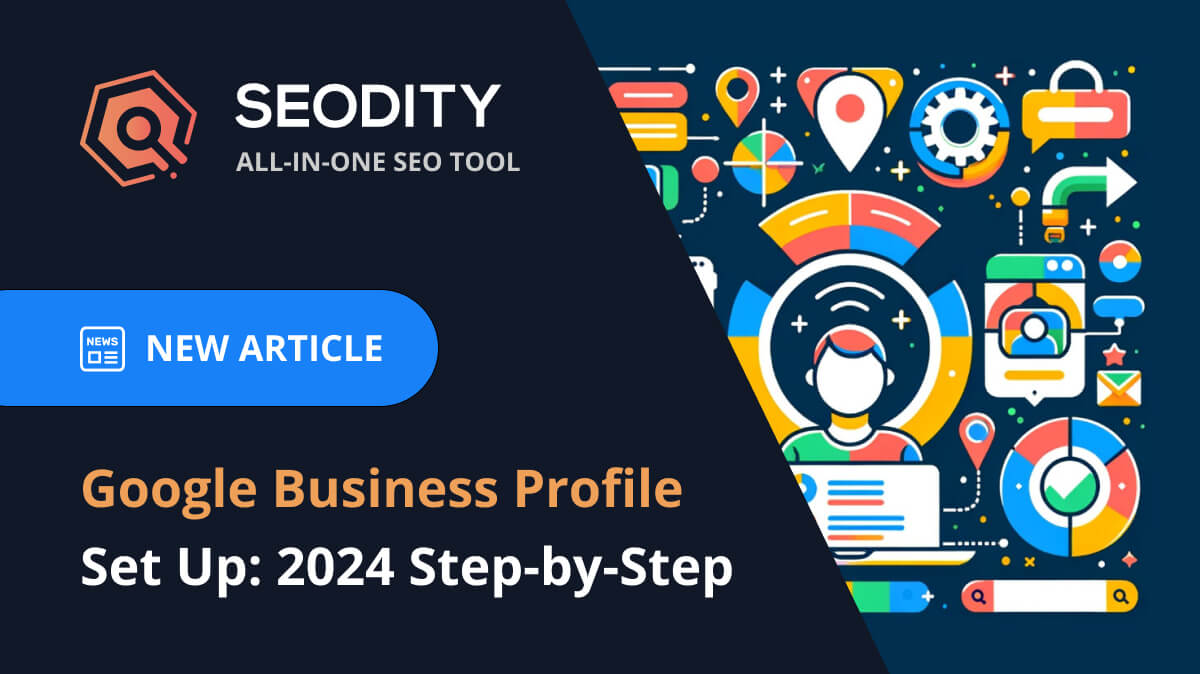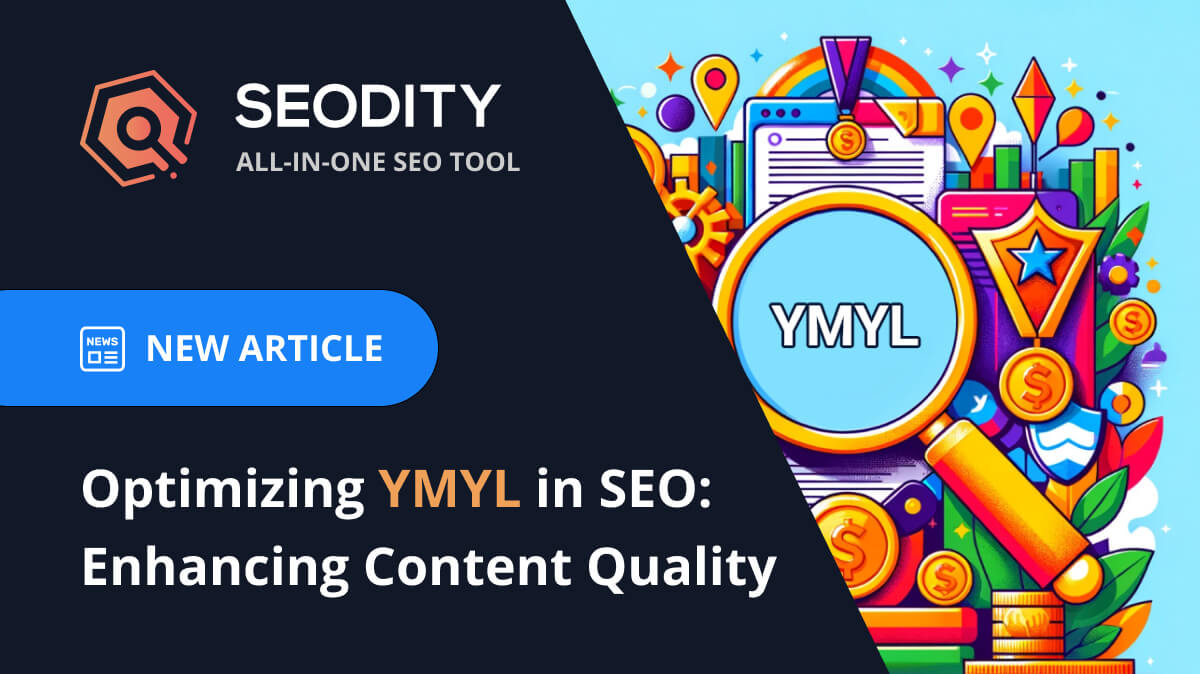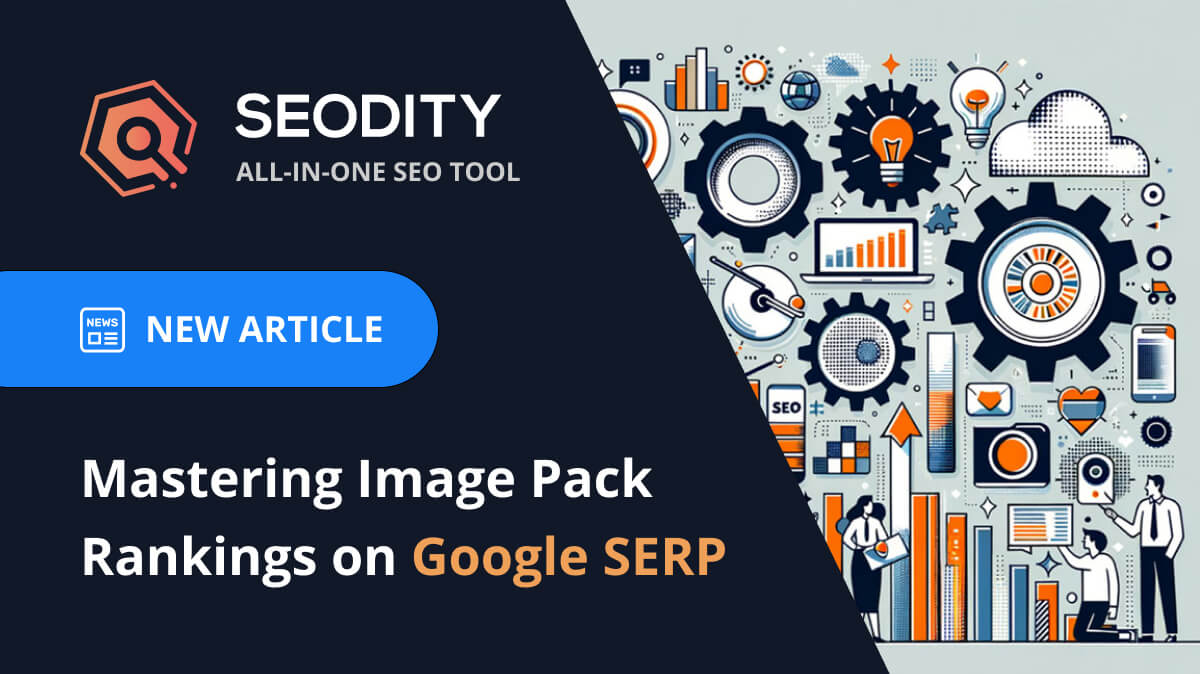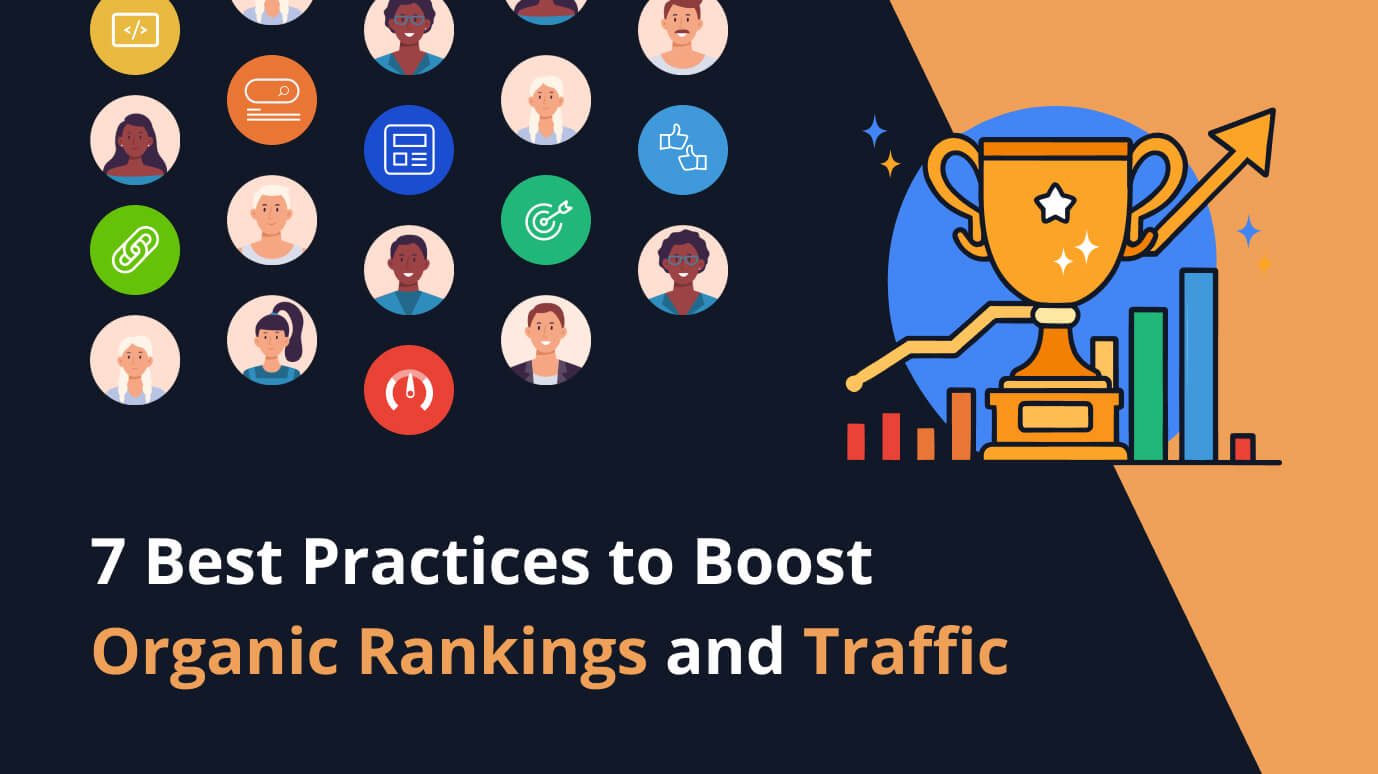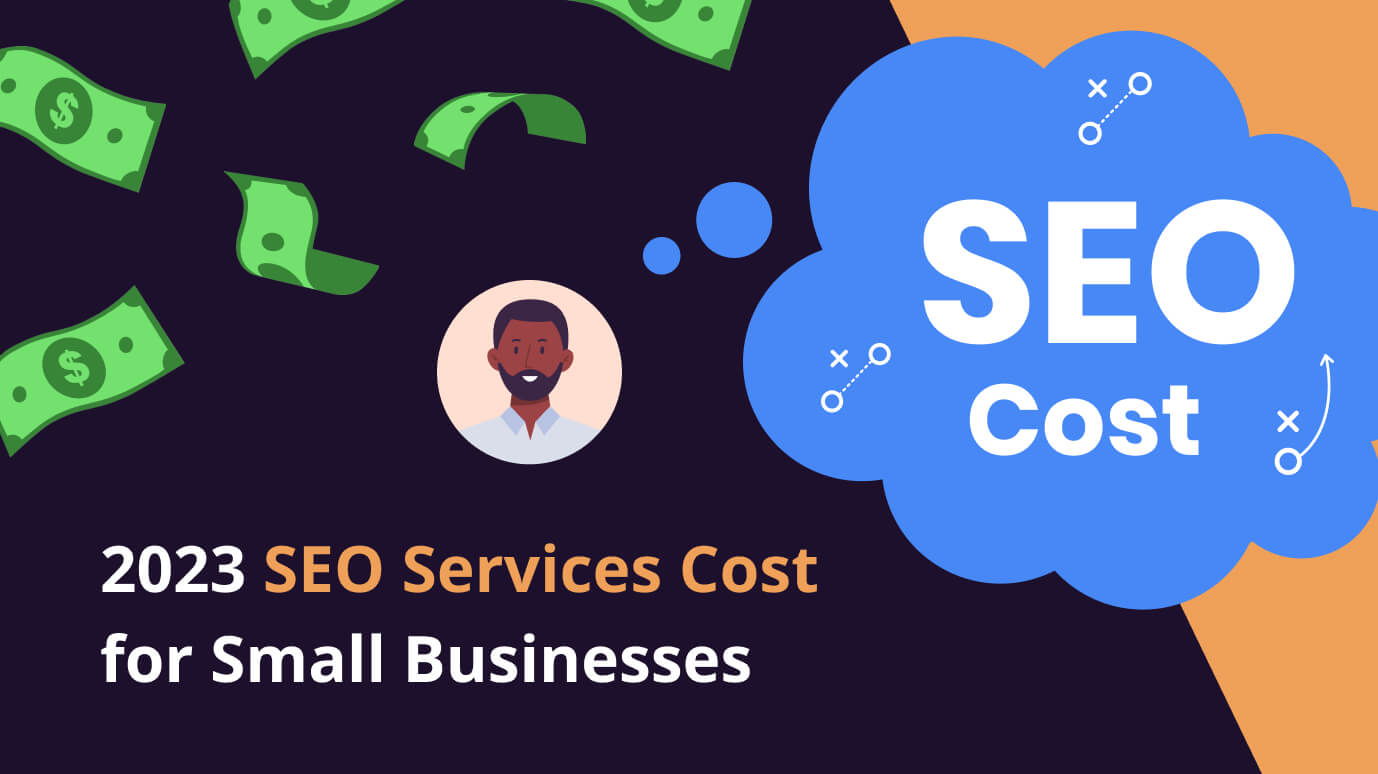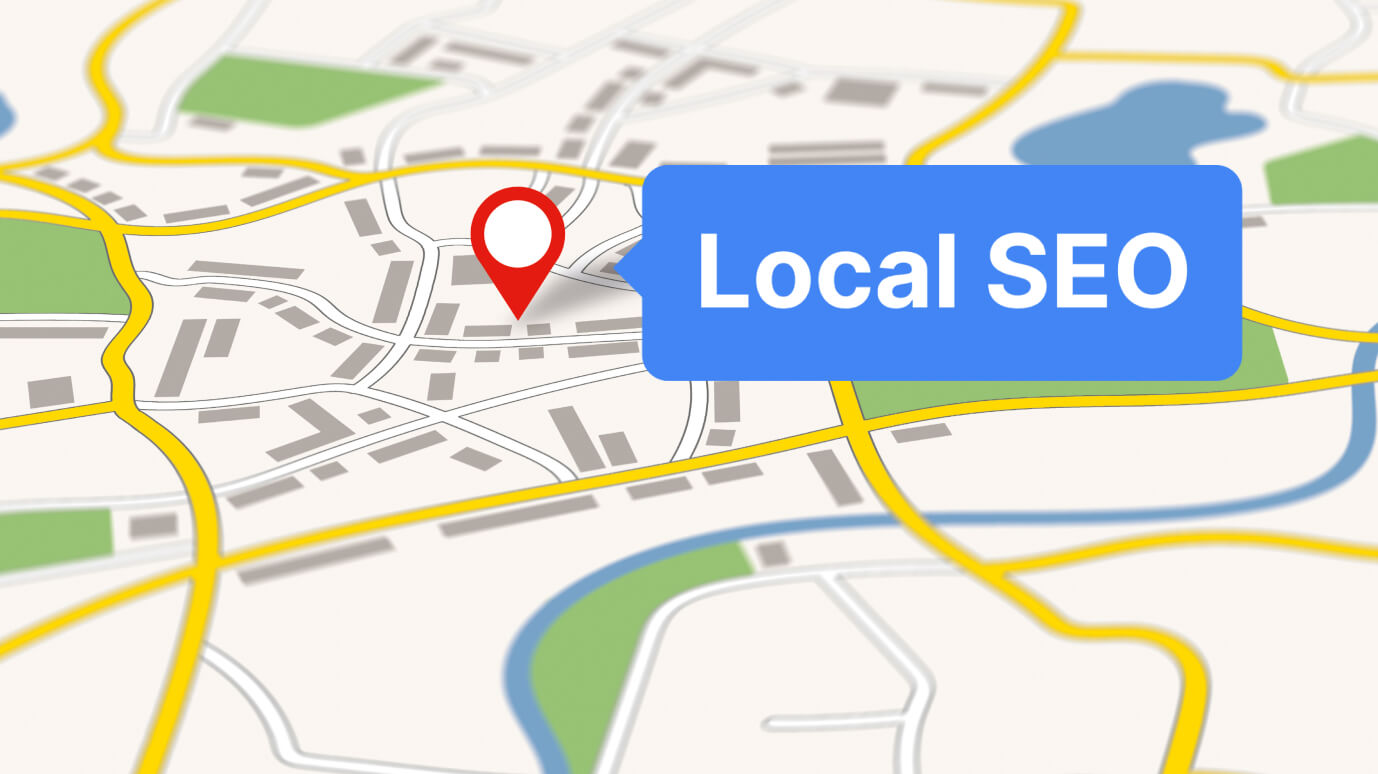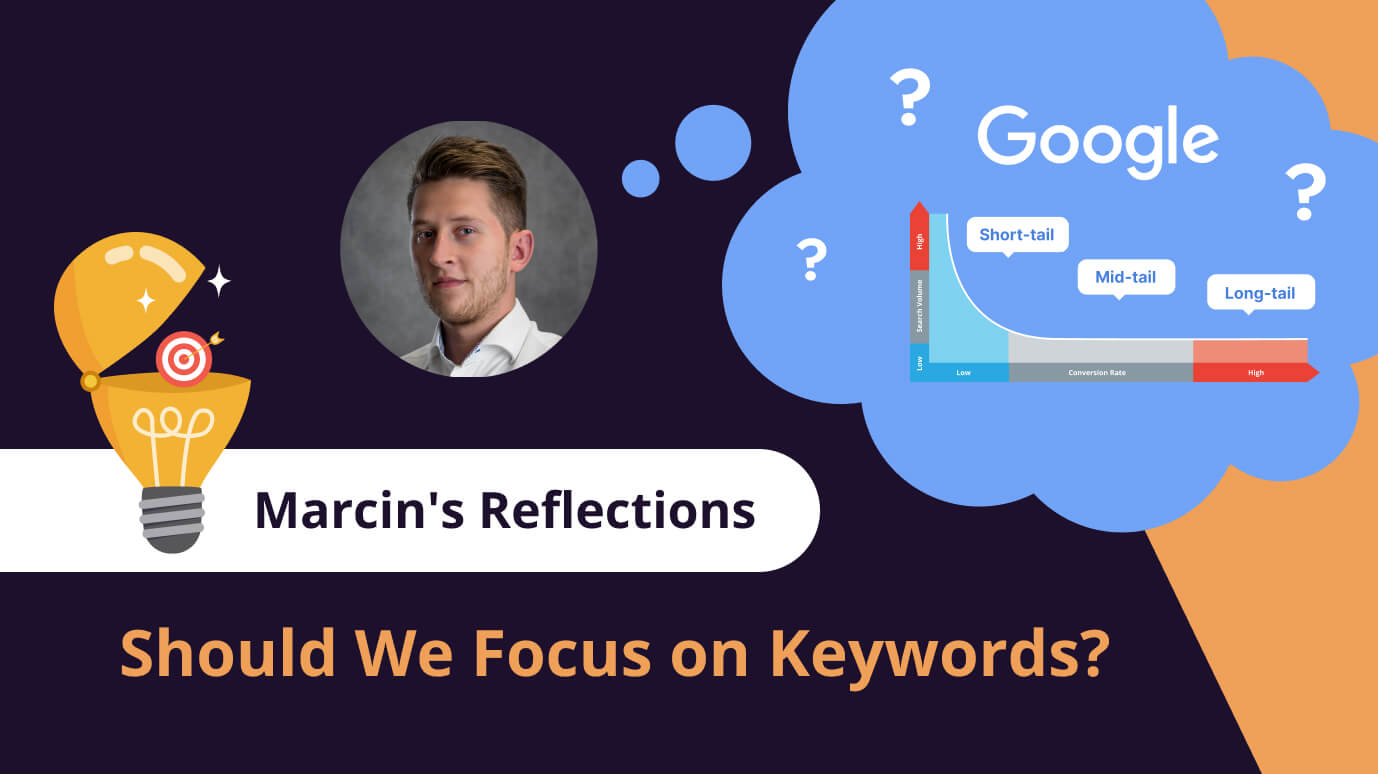
 5 min read
5 min readMastering Google E-E-A-T and YMYL: Creating Exceptional Content for Success
Introduction
Navigating the digital landscape and aiming for higher search engine rankings calls for a strategic approach to producing high-quality, valuable content. Central to this concept are Google E-A-T (Expertise, Authoritativeness, and Trustworthiness) and YMYL (Your Money or Your Life), critical aspects that can significantly impact a website's visibility, credibility, and success. In this guide, we'll dive deep into the meaning of E-A-T and YMYL and their importance and provide detailed tips to create exceptional content that complies with Google's guidelines.
What are Google E-A-T and YMYL?
Google E-A-T
Google E-A-T is an acronym for Expertise, Authoritativeness, and Trustworthiness. The search engine giant employs these three factors to gauge a webpage or site's quality. A site with better E-A-T receives preferential treatment in search rankings and overall online visibility.
1. Expertise: To exhibit expertise, the content author must demonstrate a high level of knowledge, skills, and competence in their subject matter. This is crucial since it helps the content cater to users' needs and expectations effectively.

2. Authoritativeness: A site or author can establish authority by garnering a reputation for providing accurate, reliable, and valuable information. This involves creating content demonstrating thought leadership, engaging with target audiences, and collaborating with respected industry figures.
3. Trustworthiness: A trustworthy site provides a safe browsing experience, stays transparent, and engages in ethical practices with users. This includes ensuring proper data security and user privacy and displaying authentic content without misleading claims.
YMYL
YMYL stands for Your Money or Your Life. This terminology is used to categorize content that has a significant direct impact on users' well-being, such as their finances, health, safety, and happiness. Google emphasizes YMYL pages as inaccurate or unreliable content in these areas can have severe negative consequences on users' lives.

How to Create Exceptional Content that Meets Google's E-A-T and YMYL Guidelines
1. Understand Your Audience and Topic

Before creating content, invest time in comprehensive research that delves into the needs, preferences, and pain points of your target audience. Keep content relevant to their interests, ensure it's up-to-date, and provide accurate information supported by credible sources. Engaging, in-depth content demonstrates your expertise and keeps your audience returning for more.
2. Showcase Expertise and Credibility

Demonstrate credibility by including author bios with detailed credentials, professional experience, and relevant achievements. Cite authoritative sources, link to respected publications, and use data from well-researched studies in your content. This approach helps build trust and confidence with your audience.
3. Maintain a Consistent Publication Schedule

Regularly publishing high-quality content highlights your commitment to providing valuable insights and staying current with industry trends. A consistent schedule keeps your audience engaged and encourages them to rely on your site for news and information.
4. Encourage Reviews and Testimonials

Invite users to share their feedback, reviews, and testimonials. Positive experiences reinforce trustworthiness and help establish your site's authority within the industry. Sharing user-generated content on social media and websites amplifies the impact and helps attract new audiences.
5. Optimize Your Content for SEO

Implement SEO best practices such as incorporating relevant keywords, metadata, and internal and external links to improve search rankings and reach a wider audience. SEO techniques play a crucial role in bolstering your site's E-A-T standing.
E-A-T Updates: A Detailed Look
The "Search Quality Evaluator Guidelines" are updated regularly to ensure their relevance over time. The changes made from December 2020 to December 2022 are summarized below:
December 2022 Updates
- Broadly refreshed concepts and rating criteria in 'Part 1: Page Quality Guideline' to more explicitly apply to all types of websites and content creation models.
- Clarified guidance on 'Finding Who is Responsible for the Website and Who Created the Content on the Page' for different webpage types.
- Added a summary table with the top 'Page Quality Considerations' involved in PQ rating, which carries through to each PQ rating section (Lowest to Highest).
- Refined/expanded guidance on the following core pillars of Page Quality Rating: 'Main Content Quality', 'Reputation for Websites and Content Creators', and 'Experience, Expertise, Authoritativeness, and Trust (E-E-A-T)'.
- Reordered PQ rating sections from Lowest to Highest; streamlined transitions between these sections; de-duped existing guidance and examples as appropriate.
- Added more guidance and clarifications to sections: 'Pages with Error Messages or No MC', 'Forums and Q&A Pages', and 'Page Quality Rating FAQs'.
- Reformatted lists of concepts and examples into tables (throughout/as appropriate).
- Minor changes throughout (updated language, examples, and explanations for consistency across sections; removed outdated examples; fixed typos, etc.)
July 2022 Updates
- Refreshed language to be aligned with the newly published Search Quality Rater Guidelines: An Overview.
- Refined YMYL to focus on topics that require a high level of accuracy to prevent significant harm; added a new table of examples and refreshed existing examples.
- Added clarifications to Low and Lowest Page Quality sections to emphasize that the type and level of E-A-T depends on the purpose of the page, and that low-quality and harmful pages can occur on any type of website.
- Refactored language throughout to be applicable across all devices types.
- Minor changes throughout (updated screenshots; removed or updated outdated examples and concepts; removed user location when irrelevant; etc.)
October 2021 Updates
- Expanded the definition of the YMYL subcategory 'Groups of people'.
- Refreshed guidance on how to research reputation information for websites and content creators.
- Restructured and updated 'Lowest Page Quality' section; reorganized and refreshed examples to reflect new structure.
- Simplified the definition of 'Upsetting-Offensive' to remove redundancy with Lowest Page Quality section.
- Minor changes throughout (updated screenshots, URLs, wording, and examples for consistency; removed outdated examples; fixed typos; etc.)
These updates reflect the ongoing commitment to refining and improving the guidelines to ensure they provide the most accurate and relevant information for evaluating search quality.
Search Quality Evaluator Guidelines. (2022). Retrieved from https://guidelines.raterhub.com/searchqualityevaluatorguidelines.pdf
FAQ
1. What is Google E-A-T?
Google E-A-T stands for Expertise, Authoritativeness, and Trustworthiness. These factors determine the quality of a webpage or site and influence its search engine rankings and online visibility.
2. What does YMYL stand for?
YMYL stands for Your Money or Your Life. It refers to content that directly impacts users' finances, health, safety, or well-being and is subject to greater scrutiny by Google due to its potential consequences on people's lives.
3. Why is adhering to Google's E-A-T and YMYL guidelines important?
Following E-A-T and YMYL guidelines ensures that your content is considered high-quality by Google, which can significantly enhance search rankings and visibility. This, in turn, leads to improved credibility, higher user engagement, and a boost in overall success.
4. How can I make my content more authoritative and trustworthy?
To showcase authority and trust, include comprehensive author bios, cite credible sources, and engage in ethical practices prioritizing user privacy and safety. Encouraging user reviews and testimonials can also help demonstrate trustworthiness.
By focusing on Google E-A-T and YMYL guidelines and creating content that caters to users' needs, your website will be well-equipped to navigate the dynamic digital landscape. With thorough research, ongoing audience engagement, and continuous adherence to SEO best practices, your site can achieve the online success you aspire to.

Marcin is co-founder of Seodity
.svg)


